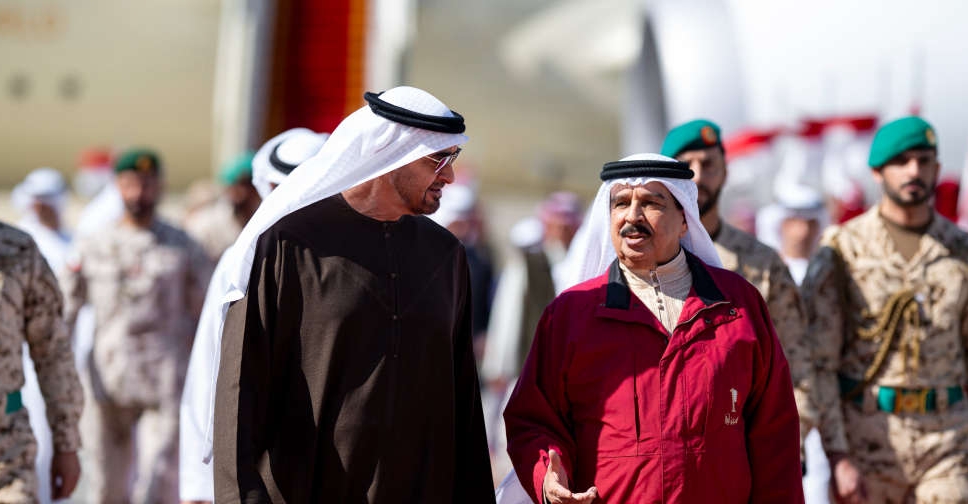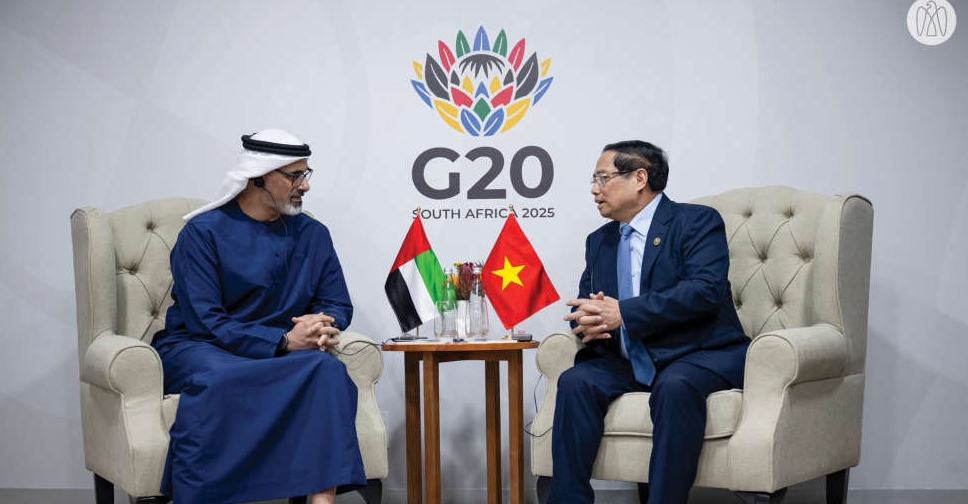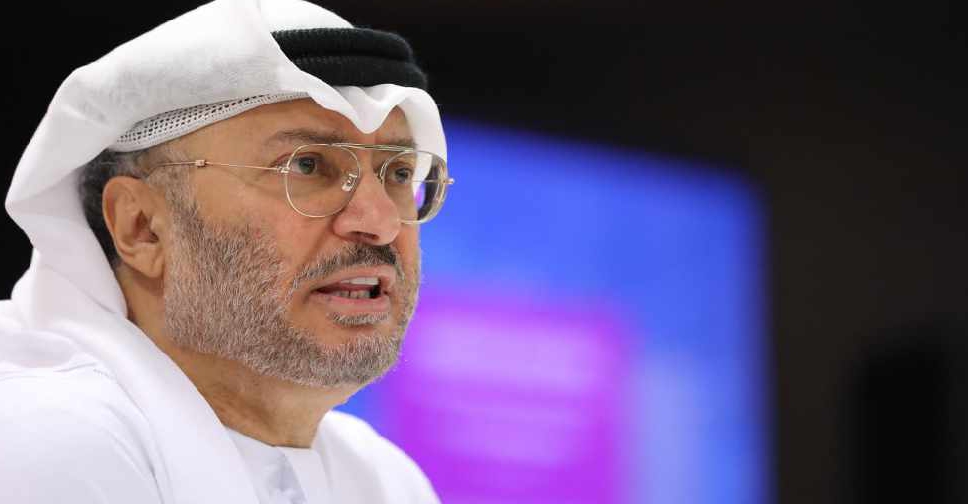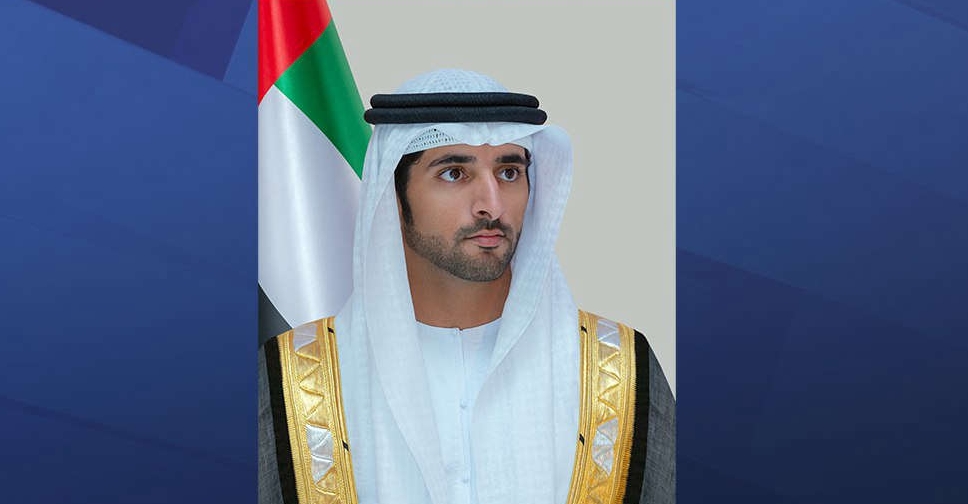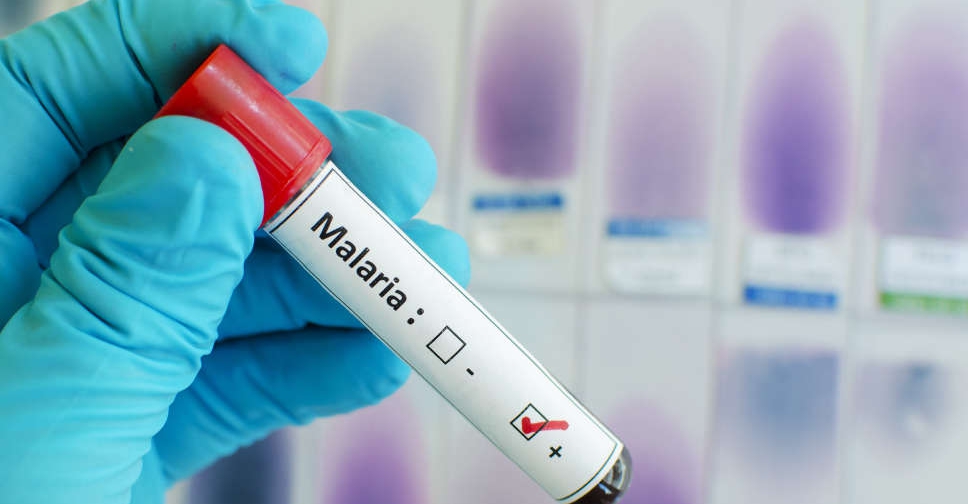
In a significant stride towards combating one of Africa's leading causes of death, 18 million doses of the first-ever malaria vaccine will be allocated to 12 countries across the continent over the next two years.
The distribution of the vaccine is a critical step forward in the fight against malaria, which claims countless lives in Africa each year.
The allocations have been determined prioritising areas with the highest need and where the risk of malaria illness and death among children is most severe.
Since 2019, Ghana, Kenya and Malawi have been administering the malaria vaccine through the Malaria Vaccine Implementation Programme (MVIP). The programme is coordinated by the World Health Organisation (WHO) and funded by Gavi, the Vaccine Alliance, the Global Fund to Fight AIDS, Tuberculosis and Malaria, and Unitaid.
Since its initiation, the RTS S/AS01 vaccine has been given to over 1.7 million children in Ghana, Kenya and Malawi, demonstrating both its safety and effectiveness in significantly reducing severe malaria cases and child mortality. As many as 28 African countries have expressed their interest in receiving the vaccine.
In addition to the initial recipient countries, the first allocation of 18 million doses will enable nine more countries to introduce the vaccine into their routine immunisation programmes. These countries include Benin, Burkina Faso, Burundi, Cameroon, the Democratic Republic of the Congo, Liberia, Niger, Sierra Leone and Uganda. The vaccine doses will be provided through Gavi, the Vaccine Alliance, via UNICEF, with the first shipments arriving in countries during the final quarter of 2023, with the roll-out commencing in early 2024.
Thabani Maphosa, Managing Director of Country Programmes Delivery at Gavi, the Vaccine Alliance, said, "This vaccine has the potential to be very impactful in the fight against malaria, and when broadly deployed alongside other interventions, it can prevent tens of thousands of future deaths every year."
He also stressed the importance of utilising the available doses effectively and applying the lessons learned from pilot programs as the vaccine reaches a total of 12 countries.
Malaria continues to be one of the deadliest diseases in Africa, causing the deaths of nearly half a million children under the age of 5. It accounts for approximately 95 per cent of global malaria cases and 96 per cent of deaths in 2021.
Ephrem T Lemango, UNICEF Associate Director of Immunisation, emphasised the significance of the vaccine's roll-out, stating, "For a long time, these deaths have been preventable and treatable; but the roll-out of this vaccine will give children, especially in Africa, an even better chance at surviving." He expressed hope that as the vaccine's supply increases, more children can benefit from this life-saving advancement.
Dr. Kate O'Brien, WHO Director of Immunisation, Vaccines and Biologicals, highlighted the need for increased access to malaria prevention, stating, "The high demand for the vaccine and the strong reach of childhood immunisation will increase equity in access to malaria prevention and save many young lives. We will work tirelessly to increase supply until all children at risk have access."


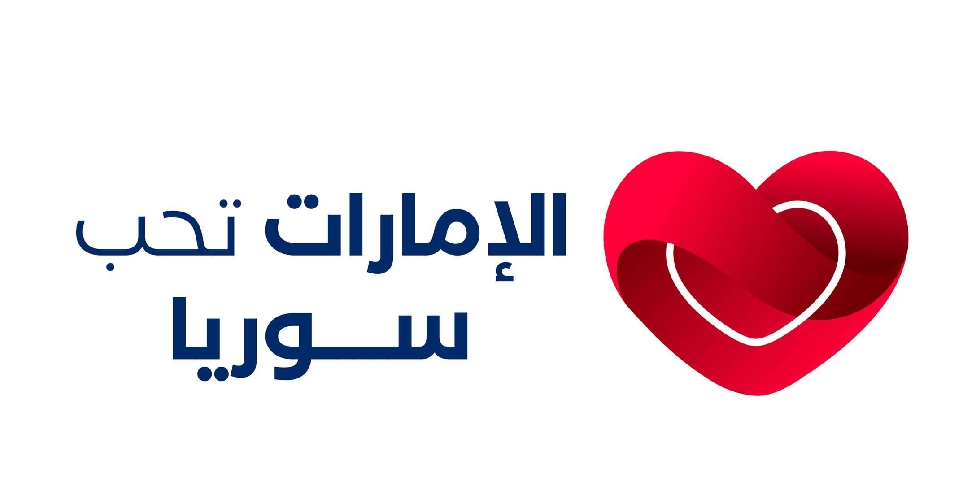 Dubai to host major Syrian cultural celebration
Dubai to host major Syrian cultural celebration
 ICOM Dubai 2025 flag handed over to city of Rotterdam
ICOM Dubai 2025 flag handed over to city of Rotterdam
 'Walk to Mars' initiative launched ahead of Open Masters Games Abu Dhabi
'Walk to Mars' initiative launched ahead of Open Masters Games Abu Dhabi
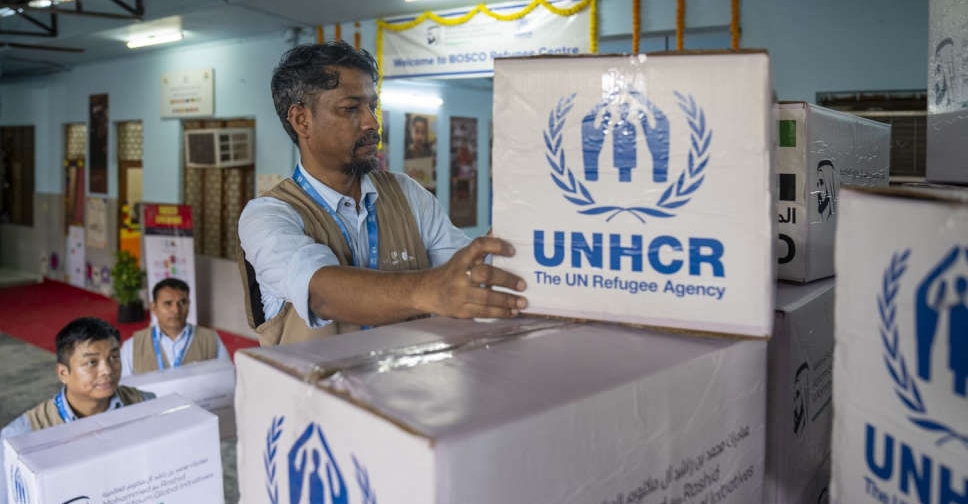 MBRGI continues support for refugees through livelihood, food security projects
MBRGI continues support for refugees through livelihood, food security projects
 'New discovery' inside Egypt's Pyramid of Khufu revealed at SIBF
'New discovery' inside Egypt's Pyramid of Khufu revealed at SIBF
